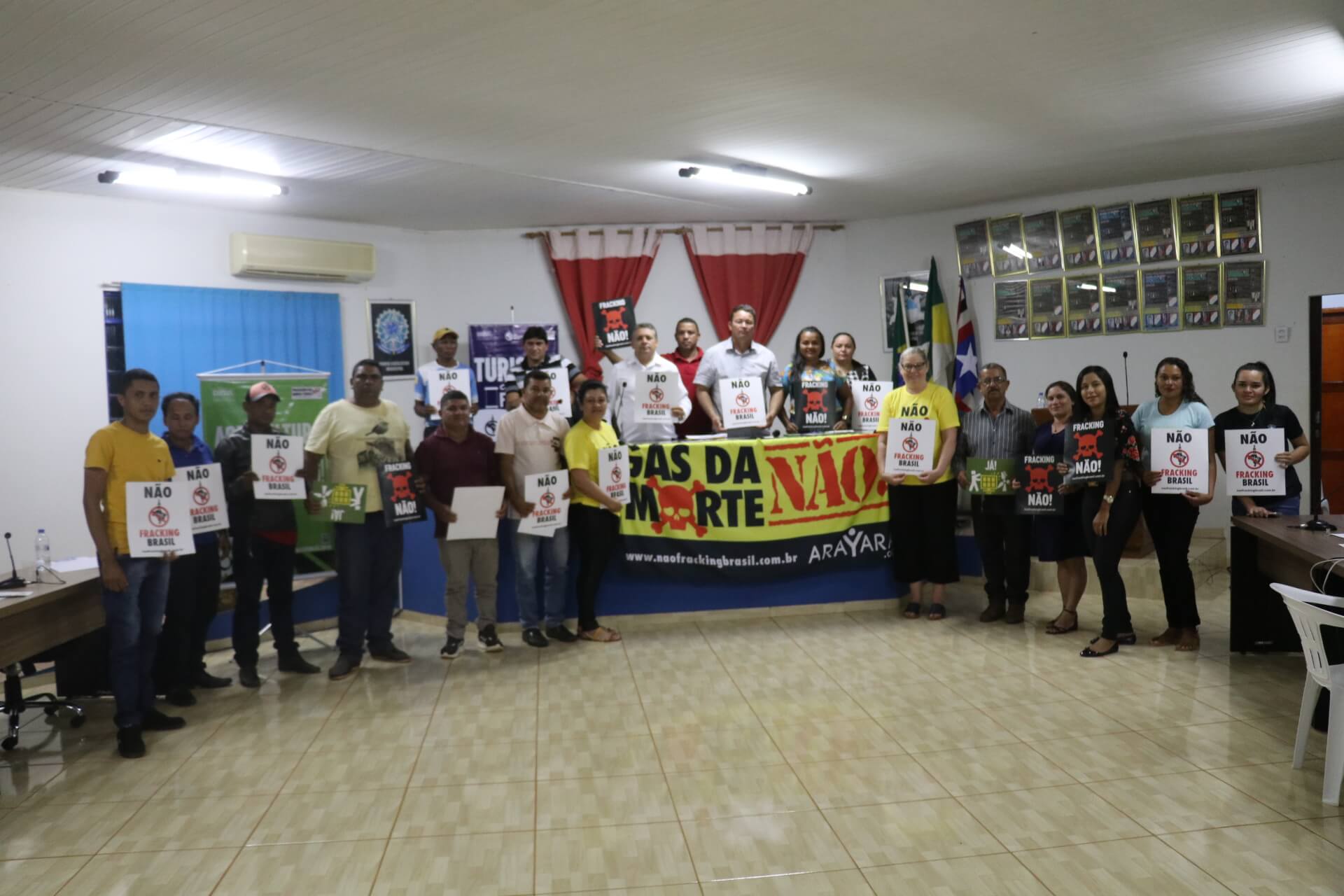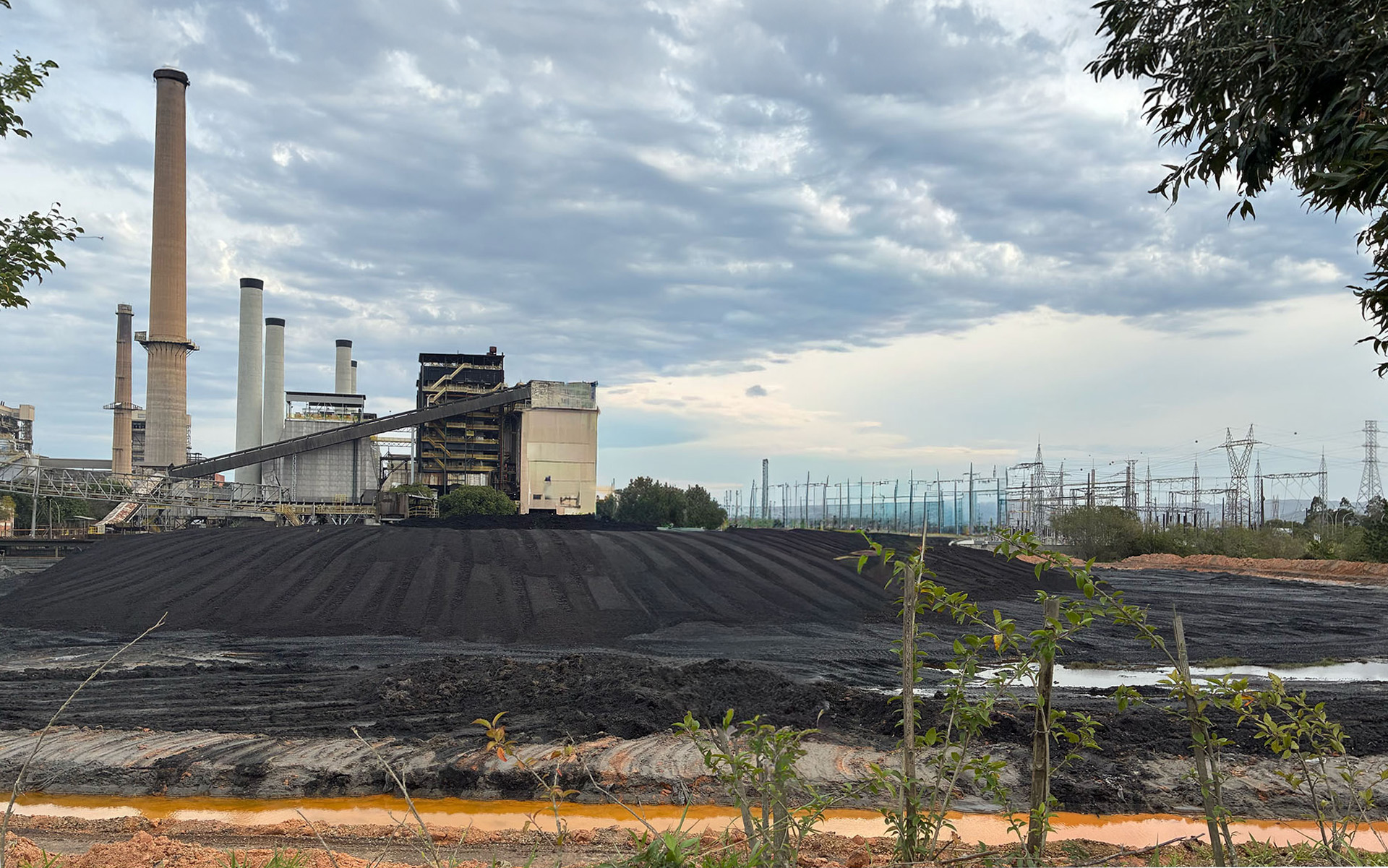The COESUS team made a speech at the invitation of parliamentarians from the city of Maranhão
What is fracking?
Fracking – also called hydraulic fracturing – is a process that involves injecting large volumes of water, chemicals and sand at high pressure into underground rock layers to release trapped natural gas. Despite being a technique already used in several countries, it is controversial because it causes environmental and ecological damage, including contamination of groundwater, release of greenhouse gases, induced earthquakes, etc.
The COESUS team – Coalition No Fracking Brazil for Water and Life, a campaign by the Arayara International Institute, was invited by the councilors of Novas Colinas, in Maranhão, to participate in a public session held at the City Council on September 23, 2022. The group shared information about the risks of exploiting shale gas using the fracking method in the municipalities of Maranhão. The plenary was attended by 8 councilors and more than 10 representatives of the local community.
The invitation was made after a conversation with the president of the Rural Union of Farmers and Farmers of Nova Colinas, Ivanete Carvalho da Silva, and other farmers linked to the body. The conversation dealt with the risks of hydraulic fracturing and, after that moment, one of the councilors present called the COESUS team to speak at the City Council.
During the session, all those present raised doubts and questioned the interests of the oil industry in relation to the exploitation of shale gas through fracking. The mayor asked several questions about the impacts, and the COESUS technician, Suelita Röcker, answered based on scientific studies and practical experiences.
At the end of the training, each councilor explained his views against fracking and reaffirmed his commitment to defending the life and well-being of the population. They pledged to present a law that would make it difficult for oil companies to explore fracking in the municipality.












